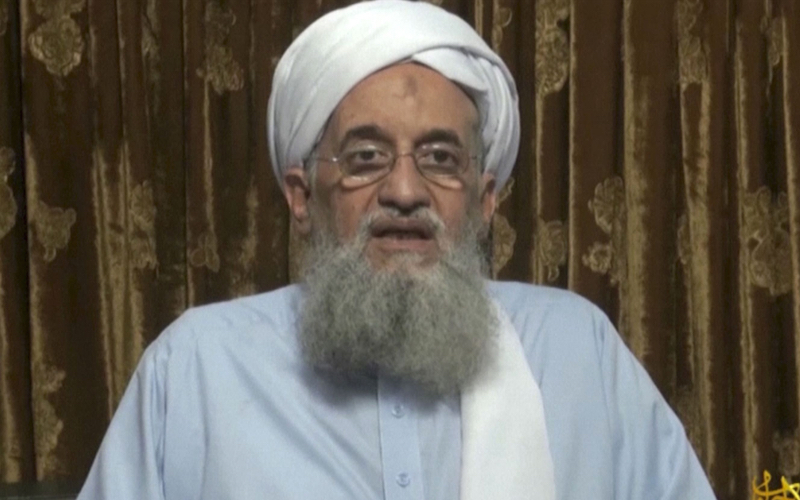
Al Qaeda’s Move in India Presages more Elsewhere
Al Qaeda’s (AQ’s) declaration that it is starting a franchise in South Asia is no surprise at all, given the sheer number of Muslims in the region, and that it is being eclipsed by the Islamic State (IS) in the headlines. One wonders what took them so long. While South Asia already has its share of radical Muslim groups, what they lack is organization. It remains to be seen whether AQ can succeed in creating a loyal rank and file.
We shouldn’t be surprised if it fails in that regard, given the variety of such groups, all with differing objectives. Whether it succeeds or not, this is clearly not welcome news for South Asia’s governments — particularly India, which has been battling extremist groups for decades and has been unsuccessful in stemming the tide of the Naxalites, who, for all intents and purposes, control roughly a third of the country.
AQ’s intent is sure to make internal security a new priority for Mr. Modi, who already has a full plate.
It remains to be seen whether his government will prove any more successful than previous governments in addressing the root causes of the Naxalites’ success — a failure to meet many Indians’ basic needs, and the grinding poverty that endures in much of the country.
This is happening while the world is transfixed at the rapid rise of the IS, and aghast at the inability of any country to stop its march across the Levant. The birth of the world’s newest nation and its newest failed state –the IS — and the ability of groups like AQ to simply declare what they intend to do, almost at will, have served to demonstrate just how feeble the established international order has become.
The truth is that Syria and Iraq are slowly disintegrating. Short of committing hundreds of thousands of troops to both countries in a lengthy and sustained battle — which will not happen — it seems likely that, at a minimum, IS will retain most of the gains it has made, and may claim even greater territory in Syria, Iraq, and greater Kurdistan in the weeks and months to come.
Apart from the evisceration of the ancien regime in the Middle East, the rise of the IS — and the proliferation of other extremist groups such as Al Qaeda in the Arabian Peninsula, and Boko Haram and Al Shabaab in Africa — represent a world order in transition. The Post War powers are threatened by non-state actors whose strength far outweighs their numbers and materiel. It is a testament to the inherent contradictions of the Post War order that so many Failed States were created by it. These groups are masterful at taking advantage of that.
So as the Post War order slowly crumbles, a new world order based on an entirely new set of dynamics is being created. Our G-Zero world is in essence being replaced by a “G-41” world. In 2004 there was a total of 21 Islamic terrorist groups in 18 countries; Today, there are 41 such groups in 24 countries. It is these groups, rather than the BRICS, MINTS and CIVETS, that are increasingly shaping the evolving world order. Scores of centrifugal forces, many of which are uncontrollable, have come to define the political and military regime of the 21st century.
Given that we live in a world of limited financial and military resources, and that developed countries at large lack the political will to become more engaged in conflicts in their own backyard as well as half a world away, we had better get used to the idea that there will remain a plethora of raging fires that no one can put out. AQ’s declaration is likely to be yet another. Welcome to the G-41 world.
This article was originally posted in The Huffington Post.

